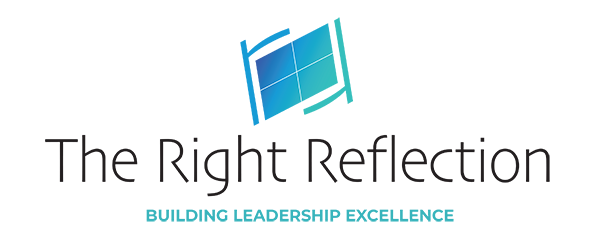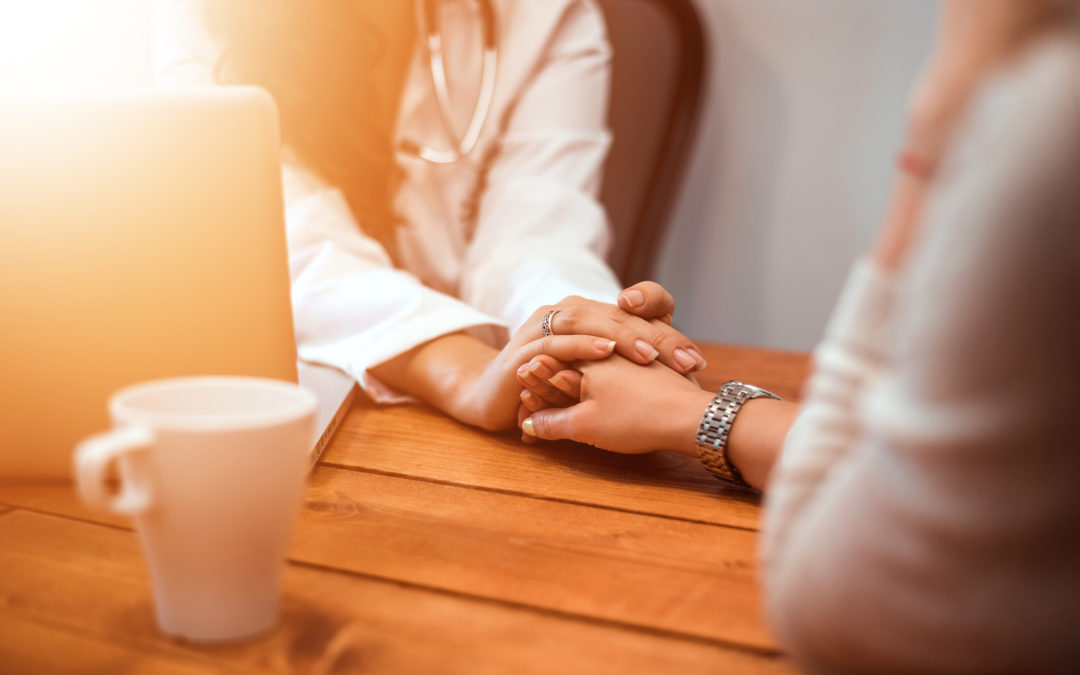“Be kind whenever possible. It’s always possible.”
—Dalai Lama
I recently had two people close to me experience serious medical issues. I talked to each of them on the same day and I was struck by the similarities AND differences in their responses.
The first friend had been experiencing troublesome symptoms for months and finally was seeing a new specialist. She said, “Oh, Pam I feel so much better. We’ve been searching for answers for so long and after visiting with the doctor for a while, he looked me in the eye, took both my hands and said, ‘we will get to the bottom of this, I promise you, and we won’t stop until we do.’ It’s the first time I feel as though there might be an answer and that someone actually cares.”
My second friend received a rather abrupt cancer diagnosis and very quick action was called for. She is more of a no-nonsense person, but in describing her interactions with her surgeon, she praised him for taking time with her, answering her questions, being as blunt with her as she was with him, and they ended up having a great doctor/patient relationship and her anxiety was lessened.
While the style of the doctor differed in each case, the compassion was the same. The doctor saw the patients as people, interacted with them in a way that they needed and lessened their anxiety.
I am reading a fascinating book, Compassionomics: The Revolutionary Scientific Evidence that Caring Makes a Difference that I’m using in my Physician’s Leadership Academy. It gathers all the scientific data that proves that compassion improves patient outcomes, reduces physician burnout, doesn’t take more time, improves revenue and reduces costs and benefits the physician as much as it does the patient.
I, unfortunately, have had too many opportunities to interact with the healthcare system. It’s funny. Many times, I have had incredibly compassionate care, but I still remember a time I didn’t and it still makes me mad. I was pregnant and because I was over 35, it was recommended that I have an amniocentesis. So, my husband and I arrived at the hospital; the tech started the ultrasound procedure; my OB/GYN and a radiologist came into the room. The radiologist didn’t even look at me. He looked at the screen and said, “we need to have you empty your bladder. Go use the restroom.” Now I found that strange since they had had me drink about a gallon of water, but I complied. While I was out of the room, the radiologist informed my husband and my OB that the fetus was not viable and would die at some point. Then he left, before I came back into the room leaving my husband and OB to break the news to me and deal with the emotional aftermath. I’ve always resented that the radiologist left the room so he wouldn’t have to deal with me.
Most of us aren’t doctors; most of us don’t even work in the healthcare system; but all of us interact with others on a daily basis. The biggest gift we can give to others is to “see” them, really see them.

